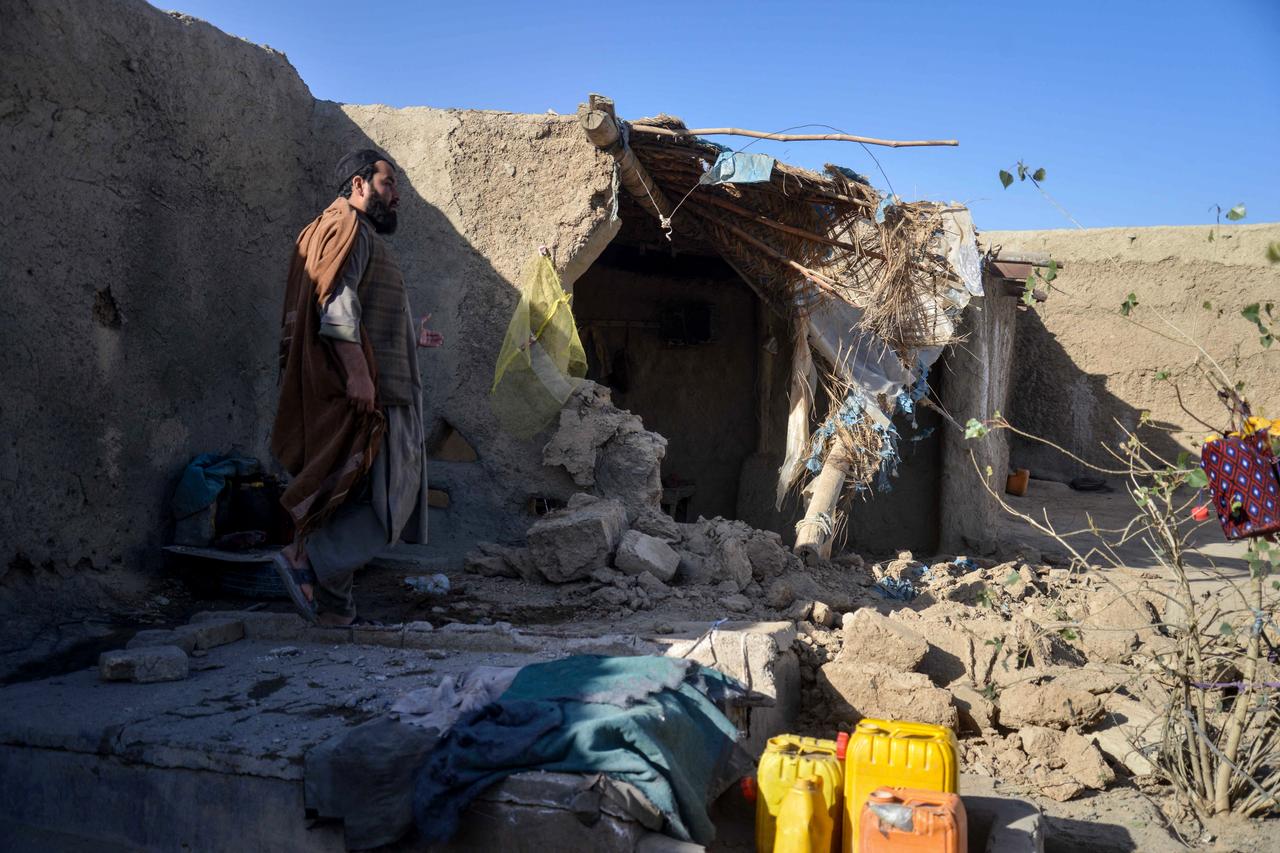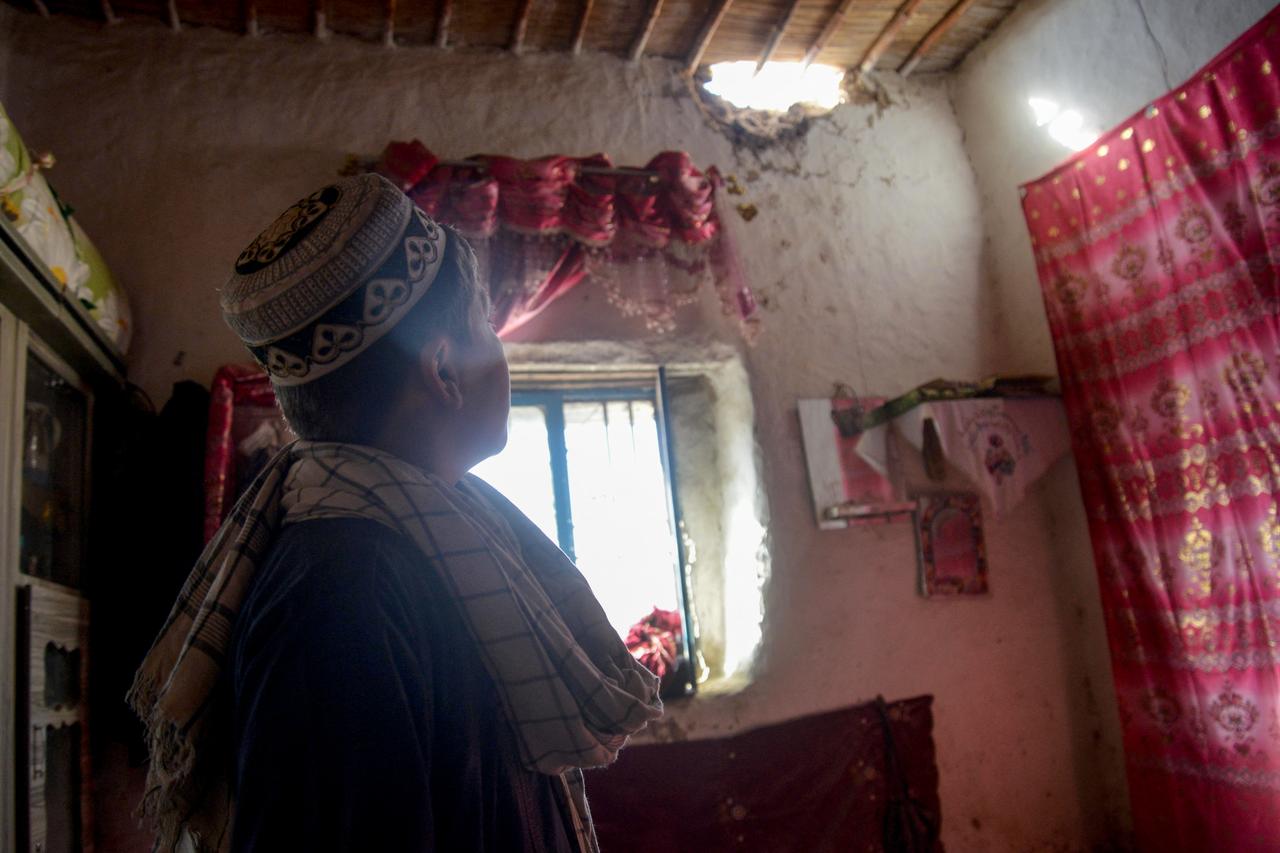
Afghanistan’s Taliban government announced Saturday that its latest round of peace talks with Pakistan had collapsed, blaming what it called Islamabad’s “irresponsible and uncooperative” approach for the failure of the negotiations.
The talks were held on Thursday in Türkiye to finalize a truce agreed on Oct. 19 in Qatar following deadly border clashes between the two South Asian neighbors. Both sides had remained largely silent on the content of the discussions, which focused on long-standing security issues and efforts to extend the fragile ceasefire.
“During the discussions, the Pakistani side attempted to shift all responsibility for its security to the Afghan government, while showing no willingness to take responsibility for either Afghanistan’s security or its own,” Taliban spokesman Zabihullah Mujahid wrote on social media.
“The irresponsible and uncooperative attitude of the Pakistani delegation has not yielded any results,” he added.
Islamabad and mediating countries did not immediately comment.

A day earlier, Pakistan’s Information Minister Attaullah Tarar signaled the talks were unraveling, saying the burden was on Afghanistan to fulfill promises to curb terrorism—“which so far they have failed.”
“Pakistan shall continue to exercise all options necessary to safeguard the security of its people and its sovereignty,” he wrote.
On late Friday, Pakistan’s Defense Minister Khawaja Muhammad Asif confirmed that negotiations had ended without progress and were suspended.
“It has completely reached a deadlock. The negotiations have entered an uncertain stage,” Asif said in an interview with Geo News.

He thanked Türkiye and Qatar for their “sincere efforts” to ease tensions and said both countries supported Pakistan’s position. He added that while the Afghan delegation verbally agreed on key points, it refused to sign a written accord.
“They wanted verbal assurances to be accepted, but this is not possible in international negotiations,” Asif said. “If they (the mediators) had even the slightest optimism, they would have asked us to stay. The fact that we are returning empty-handed shows that even they have given up hope in Kabul.”
Asif reiterated that Pakistan’s main demand was that Afghan territory not be used for attacks against Pakistan and warned that any provocation would end the ceasefire.
The 48-hour ceasefire announced on Oct. 15 was extended during negotiations in Doha hosted by Qatar with support from Türkiye. Türkiye’s National Intelligence Organization (MIT) Director Ibrahim Kalin attended the talks under the instruction of President Recep Tayyip Erdogan.
After 14 hours of talks, the sides agreed to form a technical committee to detail the implementation, with its first meeting scheduled for Oct. 25 in Istanbul. The round concluded on Oct. 30 with a plan to reconvene—but the latest announcement signals a breakdown.
Relations between Pakistan and Afghanistan—who share a 2,600-kilometer (1,600-mile) frontier—have steadily deteriorated, with Islamabad accusing Kabul of harboring militant groups, particularly the Tehreek-e-Taliban Pakistan (TTP).
The Taliban government denies the allegations and has accused Pakistan of violating Afghanistan’s sovereignty and backing armed groups against it.
Border tensions escalated again on Friday, as both sides blamed each other for renewed clashes in Spin Boldak on the Afghan side. A district hospital official told Agence France-Presse (AFP) that five people were killed—four women and one man.
The Taliban said it refrained from retaliation “out of respect for the negotiating team and to prevent the loss of civilian lives.”
Islamabad has also accused Kabul of aligning with India, Pakistan’s historical rival, during a period of closer relations between the Afghan and Indian governments.